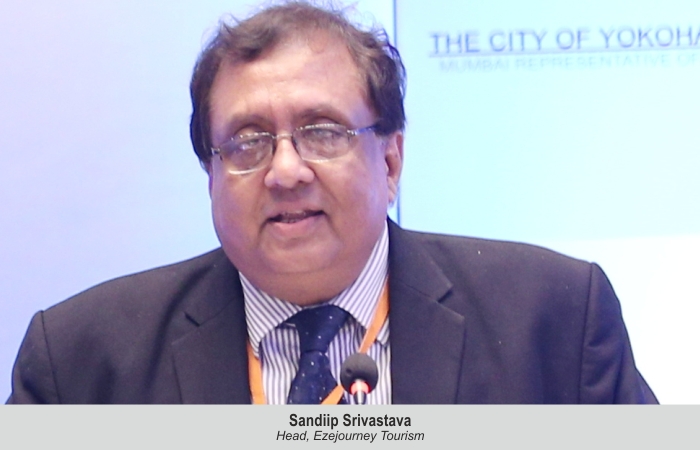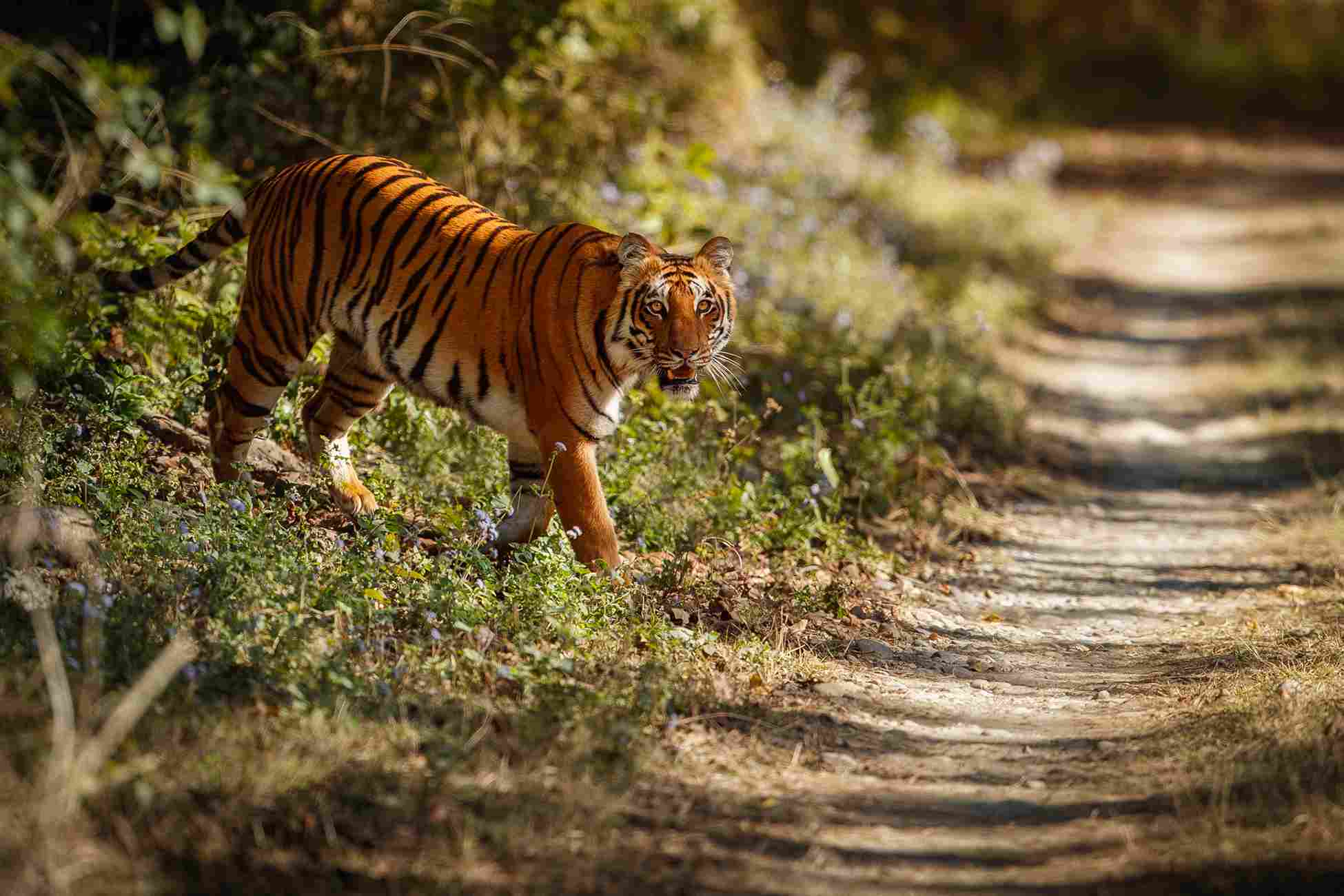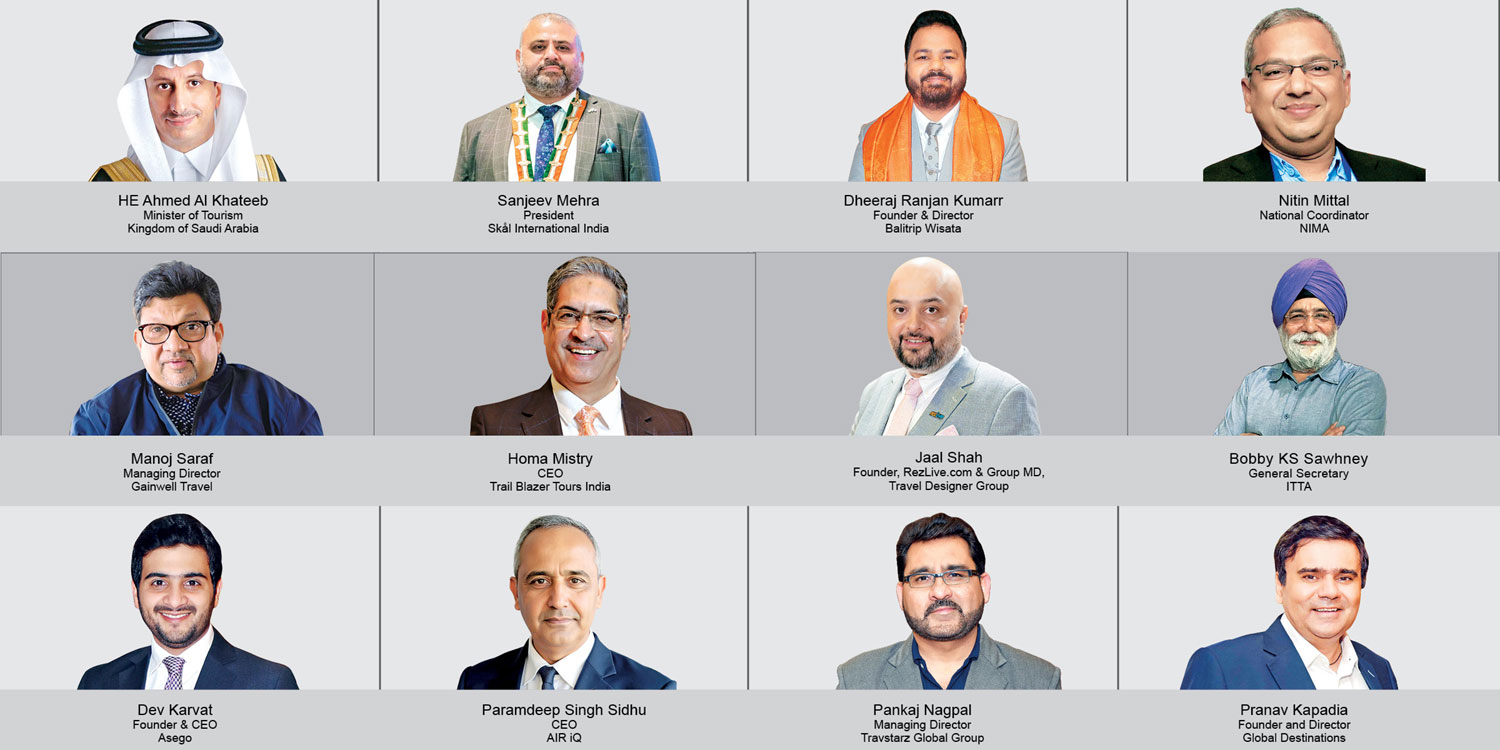Group fixed departures at the time of COVID-19 seem like an awkward move, but Ezejourney started off amid the pandemic, sailed through it, and is confident that there still exists an unexplored potential in the business. The company works with travel firms that have clients, who wish to travel only in groups.
Hazel Jain
Started in early 2020 in the thick of the pandemic, Ezejourney Tourism is a B2B fixed departure tour operator headed by Sandiip Srivastava. The company works with travel firms that have clients, who wish to enjoy travel only in groups.
“Since a majority of travel agents are unable to operate their groups, they either direct their clients to other group tour operators (large B2C companies) and run the risk of losing their clients to them or decline this business. With Ezejourney products, they no longer have to lose their business. They can book one person up to ten people on any of our fixed departures. Ezejourney tours are inclusive and offer excellent TAC (travel agency commission) to travel agents,” says Srivastava, explaining the business strategy.
Currently, all promotions of the company are done using social media.
Speaking about his business strategy, Srivastava says, “The foremost differentiating factor for us is that while other companies are B2C, we are pure B2B tour operators and therefore pose no threat to these travel agents, as their clients are never contacted for any future tours directly, nor do we accept any business from direct customers.”
Expanding reach
Right now, the company is trying to reach out to as many travel agents as possible.
“We are not limiting ourselves to just India. We are trying to reach out to countries that have a reasonably large Indian diaspora” says Srivastava.
“All our tours are built around the minimum criterion of star hotels, meals at highly-rated Indian restaurants, government-approved transporters offering quality luxury transport, government-approved tour guides, and all key paid sightseeing tours with no optional tours,” he adds.
“We offer white-labelled or unmarked promotion material to the agent, which they can use for promoting the product,” Srivastava says. “We are trying hard to keep costs low without compromising on product quality or delivery,” he adds.
On how he is able to deliver world-class tours at lower costs, Srivastava says, “We want to offer new destinations that haven’t been promoted in India yet, like South Korea, Fiji, Japan, Zimbabwe, Gabon, Greenland, Philippines, South America, The Cartesians, Iceland, Russia, Vietnam and Cambodia, and reach out to agents even from smaller B and C cities.”
In India, Ezejourney has been promoting Kerala, Madhya Pradesh and Gujarat along with the North Eastern states.
“We only work with DMCs (destination management companies) of repute. Many deliberations go into our tour planning to ensure we do not venture out into areas that are unsafe for tourists. Our clients come from all over India, but the majority of them are from Maharashtra, Karnataka, Tamil Nadu and West Bengal. We follow a client-friendly cancellation and refund policy. In the event that the group is unable to travel due to a border lockdown as a result of COVID, we offer a 100 per cent unconditional refund. And yes, we offer insurance with COVID cover, including quarantine cover on all our tours,” Srivastava adds.
But how does he plan to find his niche?
He explains, “Fixed departures have been around for a while; they have had their limitations. These departures have largely been to destinations that are common, so literally all tour operators sell similar products. They are less of a convenience and more of a threat to the smaller travel agent, who tends to lose out on business the moment his client decides to opt for a packaged group tour. We saw a gap here that needed to be addressed – to provide a tour that is non-intrusive, unbranded and offers better commissions.”
Ezejourney Tourism keeps its group sizes between 15 and 20 people. Srivastava has not found that to be difficult. “But if we have fewer than the critical number required, tours will still be operated,” he adds.
 TravTalk India Online Magazine
TravTalk India Online Magazine





